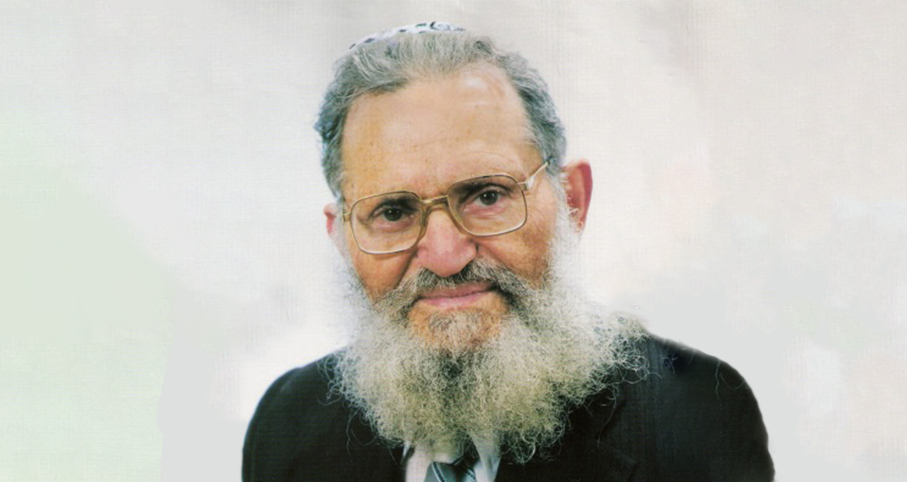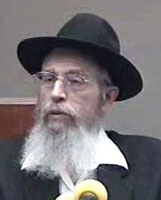99
The Torah sets forth a code of conduct that is the foundation of a holy nation and includes a discussion of צדקה, a stellar example of instilling holiness in daily life. When harvesting a field or vineyard, one must leave a portion of the produce for the poor and the foreigners in the community.
This verse switches from the plural to the singular. The plural, ארצכם (your land) contrasts with the singular קצירך (your harvest) and כרמך (your vineyard). We learn that the Land of Israel, even after it was divided among the tribes, remains the patrimony of the entire nation, ארצכם. Even when each person works his personal field or vineyard and consumes its produce, the land remains the property of the entire Jewish people. This two-tiered form of ownership requires the individual to leave an corner (פאה) of his field un-harvested and leave isolated grapes (עוללים) for other members of the nation to collect.
The word ארצכם is from the root א-ר-ץ "to solidify basic needs." The word קצירך is from the root ק-צ-ר "to shorten." Harvesting produce involves cutting down to the roots. The word כרמך is from the root כ-ר-ם "to work on terrace-like terrain." The word פאה is from the root פ-א-ה "to divide sections" and isolate corners and ends. The word עוללים is from the root ע-ל-ל "to develop." In our verse, it refers to fruit whose development is retarded so that it does not grow in clusters.
Importantly, this obligation is not imposed solely on the wealthy landowner. It applies to everyone, to rich and poor, to large farms and small. There is no minimum quantity, no fixed amount that must be left to the needy. Moreover, this is not a rule of charity rooted in sympathy or kindness. This contribution is the God-given right of the poor and the God-given obligation of every landowner. This mitzvah teaches us that we must attend to the needs of others and that our field or vineyard never becomes our exclusive property.
The words תעזוב אותם (leave them) connote a legal principle beyond just providing for the needs of the poor (עני) and the foreigner (גר). When one leaves the produce for the disadvantaged, he is giving up all rights to that produce. Normally, one who gives צדקה can deliver it to whomever he wishes and even set conditions on how, when and where his donation should be used. In this case, however, the landowner has no say, because he has no rights to the produce left in the field.
The word תעזוב is from the root ע-ז-ב "to disengage and leave something." The word עני is from the root ע-נ-ה "to be made dependent." The word גר is from the root ג-ו-ר "to live fearfully" because of lack of civil rights. The word צדקה is from the root צ-ד-ק "to satisfy objective justice."
The conclusion of the verse, אני ד’ אלוקיכם emphasizes that every person is equal in the eyes of God. Each is afforded God’s protection, loving kindness and justice. By the same token, each has an equal responsibility to provide the same attention and love to others, uniting the nation and forming a community holy to God.
Copyright © 2014, Matityahu Clark. All Rights Reserved. This is an excerpt from the forthcoming Hirsch At Your Table, a collection of brief divrei torah based on R. Samson Raphael Hirsch’s Torah Commentary.

Automatic Payment on Shabbat or Yom Tov
Rabbi Daniel Mann | Tishrei 29 5776
The Desecration of God and the Torah
Rabbi Eliezer Melamed | 5775

Grave Issues about Graven Images
Rabbi Yirmiyohu Kaganoff | 5772

Raising Charitable Funds on Shabbat
Rabbi Daniel Mann | 5775
Daf Yomi Makkot Daf 21
R' Eli Stefansky | 1 Iyar 5785

Ask the Rabbi: Scratching Improperly Parked Cars
Rabbi Daniel Mann | Iyar 5785
Daf Yomi Makkot Daf 19
R' Eli Stefansky | 29 Nisan 5785








